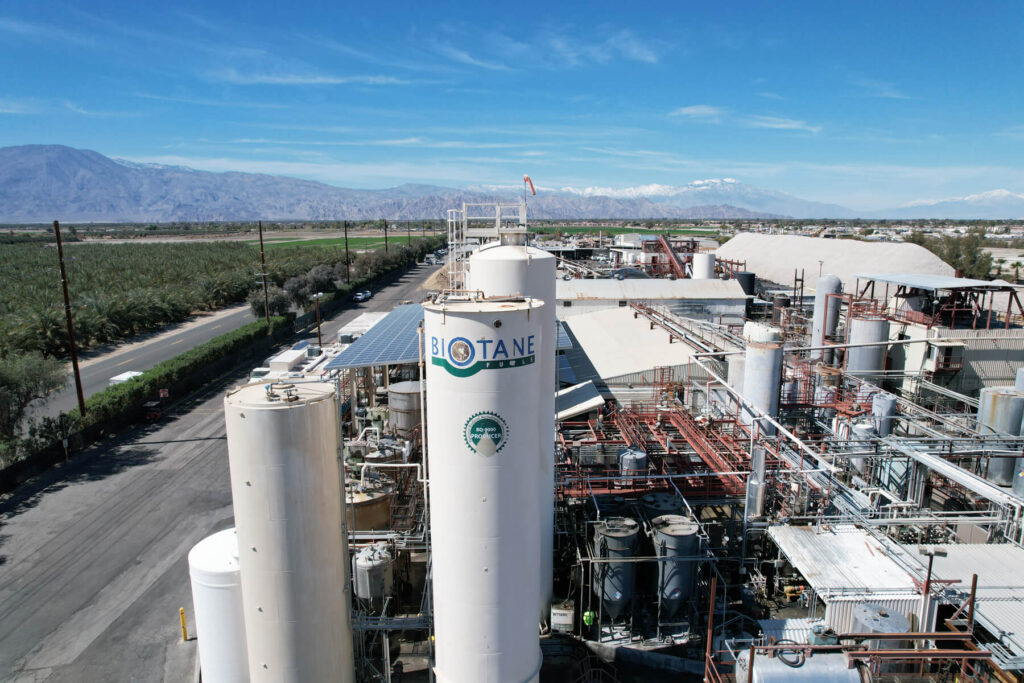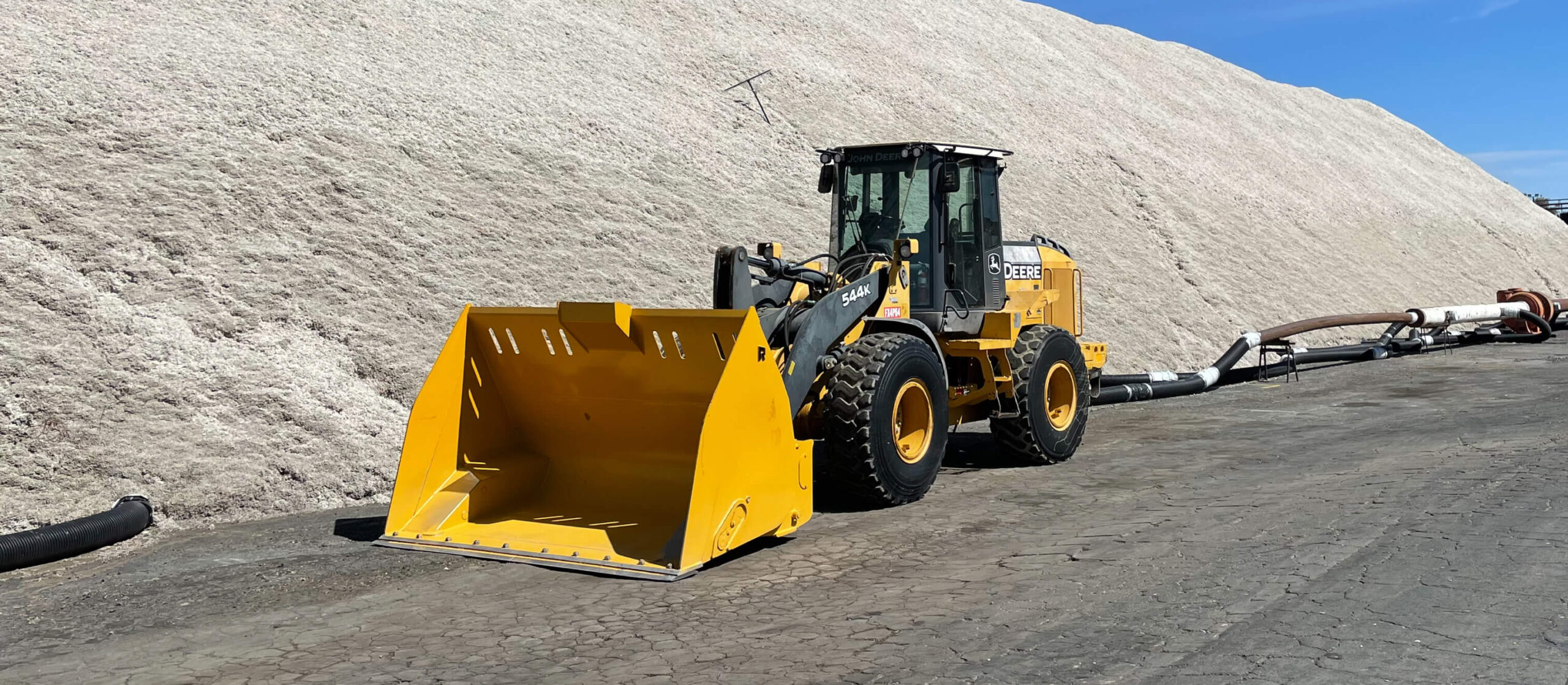Animal Feed


Leaders in the Industry
We have a world-class team of people with an unprecedented amount of combined experience in organic material collection, logistics, feed manufacturing, commodity trading and animal production. This team works under the guidelines of a highly sophisticated quality control program to ensure that our feed products are the best offered in the industry. They’re also supported by independent animal production consultants who are considered leaders in the industry.



Food Waste to Animal Feed
We procure food byproducts from a large base of food manufacturing facilities, retail grocery store chains, restaurants and other businesses located across the United States. These food byproducts are either delivered directly to livestock production facilities or taken to one of our partner-owned or company-owned, food-to-feed processing facilities to be processed and used as a high-quality feed supplement for livestock.

Our Services
Between our facilities, including Imperial Western Products, and our partner-owned facilities, we are proud to have more than 100 years of combined experience in animal feed manufacturing. Some of the services we provide are:
Converting Used Cooking Oil to Biodiesel
Creating a closed loop process by turning food waste into animal feed or compost which gets reapplied for land use.
Volume of Food Waste
According to the United States Department of Agriculture (USDA), it is estimated that approximately 30-40% of the food supply in the United States goes to waste each year. This equates to roughly 133 billion pounds of food, or over $161 billion worth of food, going to waste annually in the U.S.
Food waste can be a valuable resource that can be repurposed as animal feed. Many types of food waste, such as vegetable scraps, bakery waste, and outdated food products, can be used to feed animals.
There are several benefits to using food waste as animal feed. First, it helps to reduce the amount of food waste that goes to landfill, which can have negative environmental impacts. Second, it can provide a low-cost alternative to traditional animal feed sources, which can be expensive. Finally, using food waste as animal feed can help to reduce the demand for land and water resources needed to produce feed crops.

NOTE: not all food waste is suitable for use as animal feed. Some types of food waste may contain harmful contaminants or pathogens that could be harmful to animals. Therefore, it is important to properly process and treat food waste before using it as animal feed.
Our Expertise in Converting Food Waste to Animal Feed
Our Contribution to Reducing Climate Change

Greenhouse Effect
Every 3.64 tons of bakery food waste we sell as animal feed conserves one acre of US forest which equals the removal of 2.6 trucks off the road daily. Based on our annual production, Denali has taken the equivalent of 24,122 trucks off the road annual.

Water Conservation
Each ton of bakery and organics fed to livestock is the equivalent of conversing 89,250 gallons of water that otherwise would have been diverted to corn.

Land Conservation
Through the production of 15,000 tons of bakery animal feed produced monthly, Denali was able to drastically reduce the consumption of water through growing traditional corn for animal feed. This equates to 49,450 acres of annual land conservation.
Reporting Capabilities
We provide data and analytics for our manufacturing partners to help them adhere to state and federal regulations required of food processors.
Through reporting on a weekly and/or monthly basis, we can track and record all necessary data. For instance, we have scales onsite, on trucks and at facilities that can weigh organic material for each pickup. Our customers get access to real-time and historical data.

Learn More
If you want to learn more about our work, our team would be delighted to give you the information you need. Whatever questions you have, we’re here to answer them and provide additional resources if needed. Just complete the form below to get in touch. We’re excited to hear from you!


